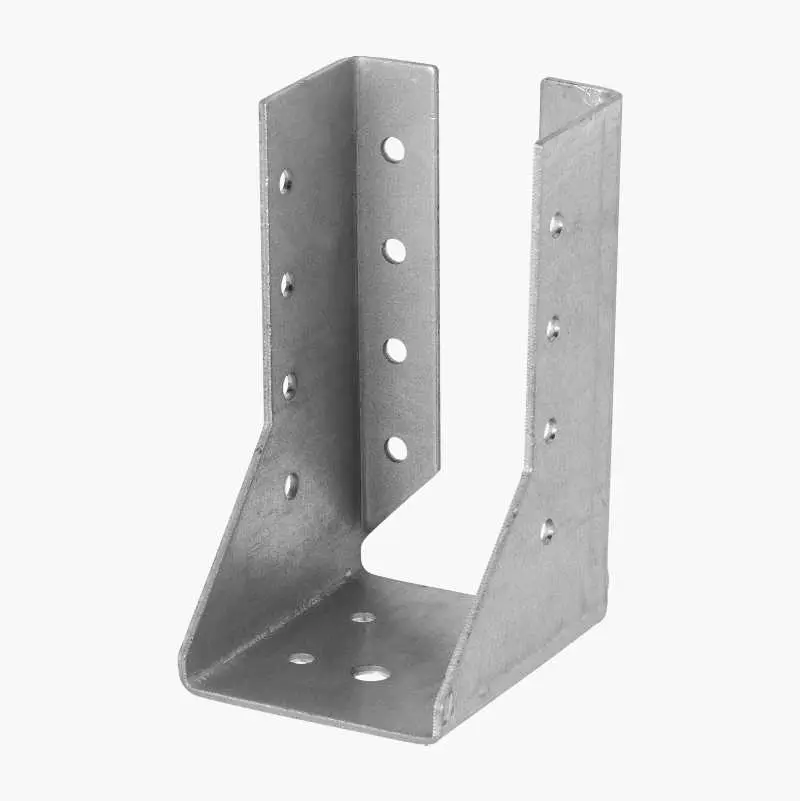If you can't access the hardware physically and you don't have someone on site who can work on it, just drop the idea and get a VPS or whatever cloud based. No matter what hardware you plan to use. Anything and everything can happen. Broken memory module, odd power surge, rodents or bugs messing up with the system, moisture or straight up water leak corroding something, fan failure overheating the thing and so on.
There's only one single fact on the business that I've learned over 20something years I've been working with IT: All hardware fails. No exceptions. The only question is 'when'. And when the time comes you need someone to have physical access to the stuff.
I mean, sure, your laptop might run just fine for several years without problems or it might have shipping damage over that 3000km and it'll break in a week. In either case, unless you have someone hands on the machine, it's not going to do much.


Laptops use lithium-ion batteries and (at least your Average Joe's and majority of commercial units too) UPS uses sealed Lead Acid. If lithium ion battery goes belly up it'll burn your house down. If lead acid battery does the same, at worst, it'll leak a bit of corrodive fluids to whatever it's on top of.
There's commercial size li-ion UPS's too, but they require quite a lot of hardware around them to be used safely. Search from youtube (or whatever you like) a cell phone battery explosion and then scale that up to a fridge-sized cell-phone. It's quite a bit of steel and concrete to contain that amount of energy. And the funny thing about li-ion fires is that lithium ions reacts quite violently with water and the battery contains all the chemicals to keep the fire going, oxygen included.
So, yeah, UPS is a whole another thing to manage than a laptop battery.